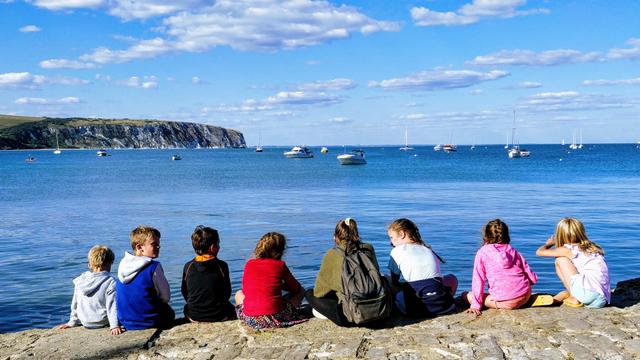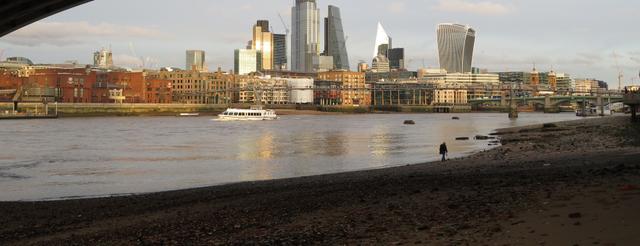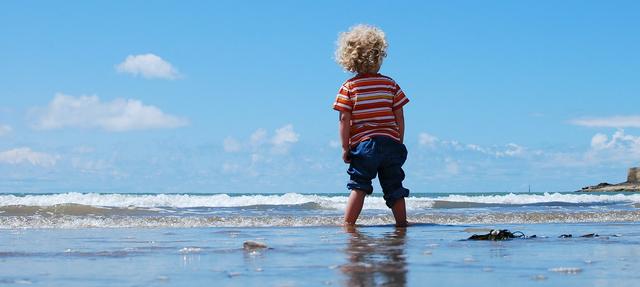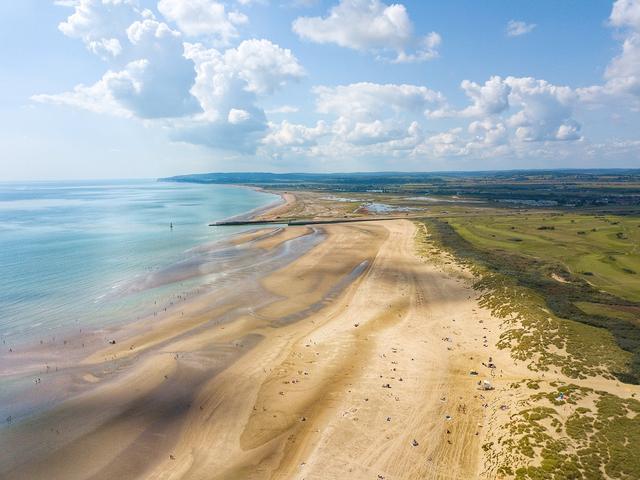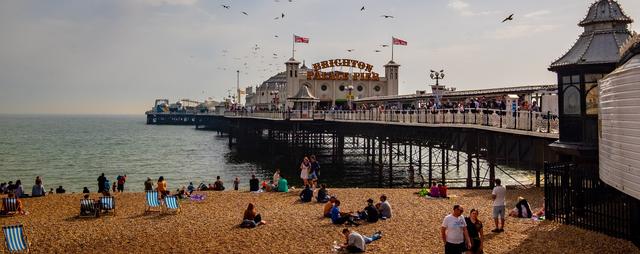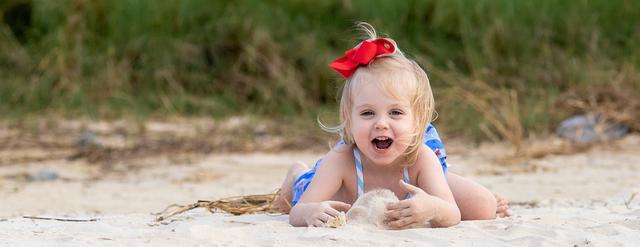Seaside Articles
Seaside For Kids In The UK
Seaside activities form an integral part of childhood experiences across the United Kingdom, where generations of families have cherished coastal visits. From the sandy beaches of Cornwall to the dramatic cliffs of Scotland, the UK coast offers diverse environments for children’s outdoor activities. These traditionally begin with building sandcastles, splashing in the waves, and exploring coastal rock pools. The allure of the seaside has been a constant feature in family outings, especially during the summer months when the school holidays allow for extended family vacations.
Historically, seaside activities have evolved significantly over centuries. Originally the preserve of the upper classes in the 18th and 19th centuries, coastal resorts became a staple in British leisure culture by the Victorian era, which saw the establishment of numerous amenities such as piers and promenades. These spaces provided ideal settings for traditional pastimes like donkey rides and picnics, fostering a unique seaside culture deeply embedded in the British lifestyle. During the 20th century, advancements in transport and an increase in disposable income made seaside holidays accessible to a broader audience, cementing the coast as a beloved destination for family leisure and recreation.
Today, the UK’s seaside towns continue to attract families, offering a mixture of historical charm and contemporary attractions. The development of coastal areas has introduced a range of child-friendly activities that extend beyond the beach itself, including adventure mini-golf, themed trails, and interactive exhibits that engage young minds while providing fun educational experiences. New attractions complement the timeless appeal of seaside classics, ensuring that the coast remains a favoured choice for family outings.
The coastal environment not only entertains but also stimulates active engagement with the natural world, encouraging children to discover the rich biodiversity that thrives at the shore. These experiences are cherished as some of the most vibrant childhood memories and are instrumental in nurturing a lifelong appreciation for outdoor activity and nature.
The Benefits of Seaside
Participating in seaside activities presents numerous health advantages for children, making it a wonderful choice for family outings. Exposure to sunlight during seaside visits increases Vitamin D levels, which is essential for children's bone development and immune system strength. The natural light also helps improve mood and regulates the body's circadian rhythm, enhancing sleep quality and overall energy levels.
Engaging in physical activities such as swimming, paddling, or walking along the beach helps in the development of strong muscles and bones. These activities involve resistance and weight-bearing exercises that are crucial for growing children. Moreover, the effort of walking on sand requires more energy than walking on a hard surface, providing a better workout and contributing to cardiovascular health.
The calming sound of waves and the vastness of the ocean can significantly reduce stress and promote mental well-being among children. A relaxed mind is vital for cognitive development and helps in improving concentration and reducing anxiety.
Furthermore, seaside activities encourage children to interact with their environment, fostering a deep appreciation for nature. This involvement helps to develop responsible attitudes towards environmental conservation from a young age, ensuring they grow up to be conscious and caring adults.
Overall, the health benefits of seaside activities for children are profound, impacting their physical, mental, and emotional well-being positively.
FAQs
What are the historical roots of seaside activities in the UK?
Seaside activities in the UK date back to the 18th and 19th centuries when the upper classes visited the coast for leisure and health benefits. This tradition grew with the development of seaside resorts from the 1700s, booming during the Victorian era with amenities like grand hotels and piers, and popular activities like donkey rides and picnicking.
How can seaside activities benefit my child's health?
Seaside activities can significantly boost your child's health by providing fresh air and sunlight, which enhance mood and energy. Physical activities such as swimming and sandcastle building improve physical health and strengthen bones and muscles. Additionally, the calming seaside environment can help reduce stress and anxiety, enhancing your child's mental well-being.
Is it common for families to engage in seaside activities today?
Yes, seaside activities remain a beloved pastime for families in the UK. Historically popular since the 20th century, modern families continue to enjoy traditional activities like building sandcastles, paddling, and simply playing on the beach, maintaining a deep-rooted cultural tradition of seaside visits.
What safety precautions should I take for my child during seaside activities?
Always supervise your child, especially during activities like swimming. Be aware of environmental hazards like strong currents or hidden rocks. Ensure your child wears appropriate sun protection, including sunscreen and hats, and provide them with floatation devices if they are not strong swimmers.
Are there educational benefits to engaging my child in seaside activities?
Yes, besides physical and mental health benefits, seaside activities offer educational opportunities. Children develop a greater appreciation for nature and learn about marine ecosystems. Activities like collecting seashells or exploring rock pools can stimulate curiosity and encourage a hands-on learning experience about the natural world.
